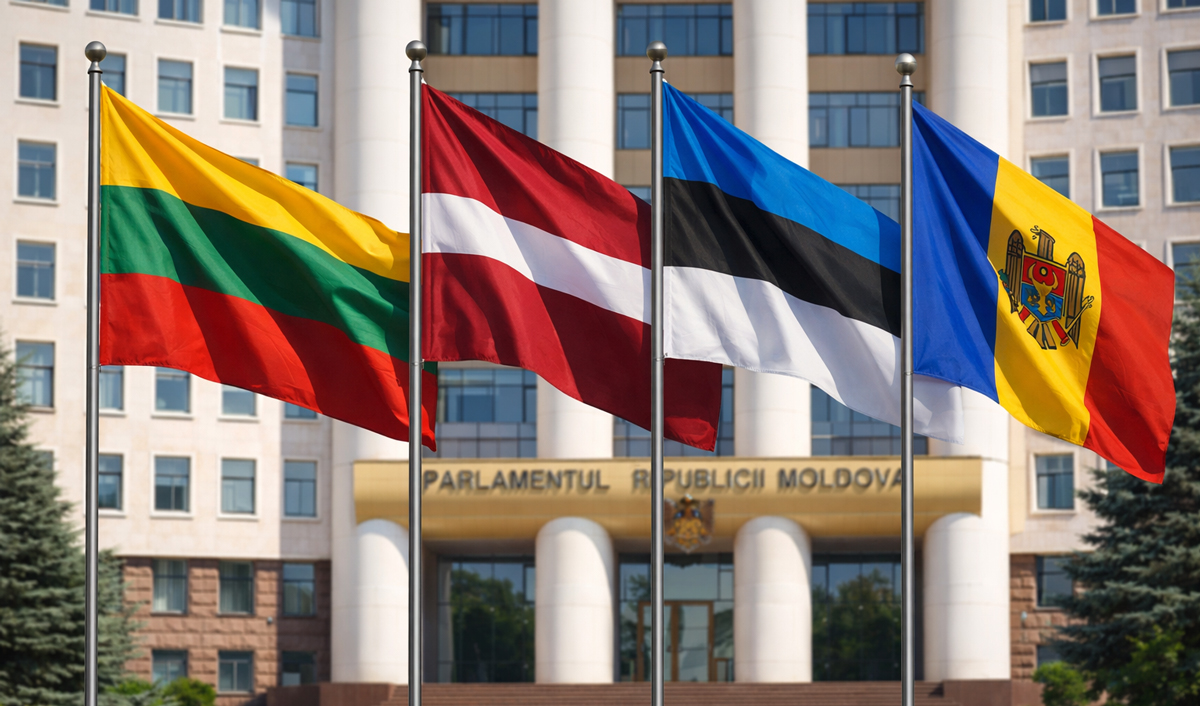
Moldova is one of the few countries on the European continent with a version of the European Identity Wallet. The document module in EVO complies with the basic principles and EVOSign, currently in the pilot project stage, should become a national e-signature application.
EU digital identity wallets are designed to provide secure and convenient access to online services, storage and exchange of digital documents, and creation of electronic signatures.
In addition, e-government is now rolling out a second version of Identity Wallet, which will strictly comply with the EU standards and architecture published late last year. The version will allow integration into third-party information systems, such as those of banks and financial institutions, telecommunications and other operators.
Thus, the WE BUILD consortium, selected by the European Commission to participate in the second round of large-scale pilot projects for the creation of the EU Digital Identity Wallet (EUDI), was launched in Amsterdam on September 3-4, 2025. Moldova is a member of the consortium and for the first time participates in its work as a beneficiary of the Digital Europe Digital Identity Ecosystem Development Program, which it joined from 2024.
The WE BUILD consortium brings together more than 180 organizations from 27 countries, which over the next two years will work on 13 options to better use the European digital identity framework and test wallet options in different sectors.
The Republic’s contribution will be the issuance of identification data to individuals and legal entities (PID/LPID), cross-border testing of business scenarios. The country will also participate in the development and testing of its own wallet solution compliant with the EU reference architecture. The agency’s efforts are focused on the integration of digital identity solutions, supporting business cases.
Over the next few years, each EU member state will offer all citizens, residents and companies its own wallet application developed to common specifications. Each version of the wallet will be interoperable and will work anywhere in Europe.
Projects to implement national digital wallets are funded by the Digital Europe program. The program has a budget of more than €7 billion for the period 2021-2027. The program aims to promote the use of digital technologies by businesses, citizens and public authorities in five key areas: supercomputing, artificial intelligence, cybersecurity, advanced digital skills and ensuring widespread use of digital technologies in the economy.













